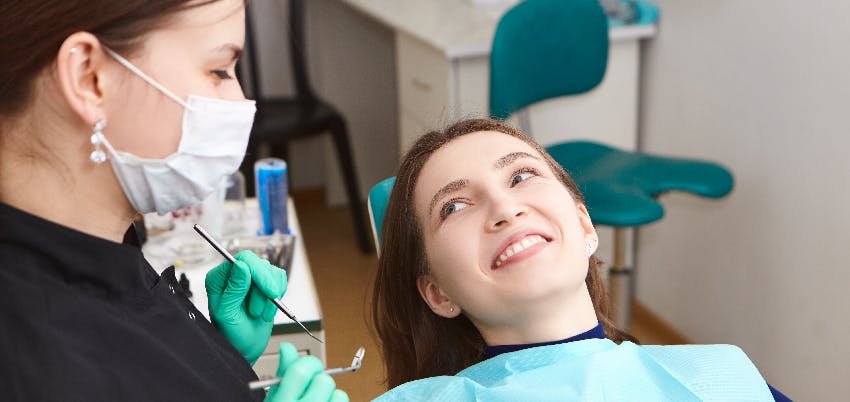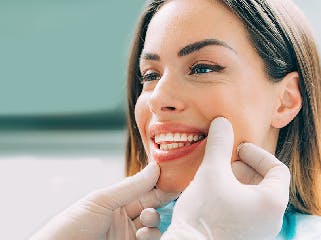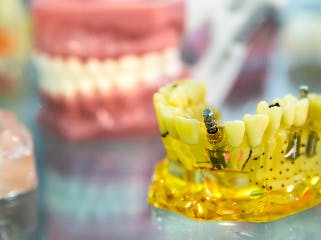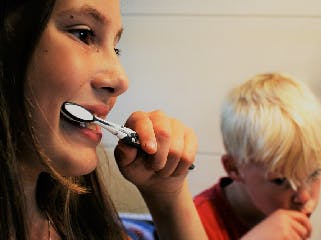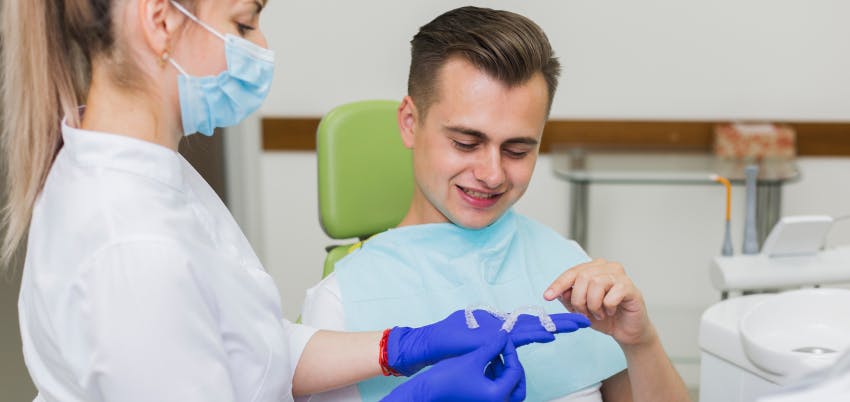
The importance of retainers after orthodontics
by Wildsmile
Many patients think that once their orthodontic appliance has been removed, their treatment will be finished. However, this is a common mistake that could lead to all the work done previously being ruined.
The use of retainers is the last but fundamental stage of orthodontics, as this will depend on the success of the treatment so that our teeth stay in the position that we have worked so hard to achieve for so long.
The 3 phases of orthodontics
Orthodontic treatments consist of 3 main phases: the preliminary study phase, the activity phase, during which the patient will use the orthodontic appliances to correct the position of the teeth, and the last phase, the retention phase, during which the patient uses the so-called retainers, which will ensure the long-term success of the orthodontic treatment.
It is very important to know that once the orthodontic appliances have been removed, the retainers must be placed immediately, as the use of retainers ensures the stability of the results obtained during orthodontic treatment. This may surprise you, but teeth have memory, and if retainers are not used, they will return to their original position, ruining all the work that has been done.
Types of retainers
Once your orthodontist has removed your braces, he or she will place the retainers that best fit your mouth.
Fixed retainers
They are placed behind the teeth and fixed with a special glue that is very resistant, so they cannot be removed.
Removable retainers
They are placed behind the teeth and fixed with a special glue that is very resistant, so they cannot be removed.
Hawley Retainers
This type of retainers are removable, but with the big difference that they are made of a metal arch that covers or embraces the six front teeth, keeping them in position. They also have two clasps that attach to each molar to keep the retainer securely in place. These types of retainers are widely used in children and adolescents.
How long should I wear my retainers?
This will depend on each individual case and the type of retainer you use. Fixed retainers must be used for life, this may sound horrible, but, as they are fixed, they will be imperceptible in the future, obviously at the beginning they will be a bit uncomfortable. On the other hand, removable and Hawley retainers, the length of time you use them will depend on what your orthodontist decides and in this case we advise you to be very disciplined, because if you forget to wear them, your teeth will start to move back to their initial position. Remember that teeth have memory, and you don't want to ruin that beautiful smile you now have.
Related posts:
* IS IT ADVISABLE TO HAVE A SECOND ORTHODONTIC TREATMENT?
Want to learn more about this?
Contact us
Your contact request is registered. We will contact you as soon as possible.
Lorem ipsum dolor sit amet, consectetur adipisicing elit. Adipisci alias aliquid amet commodi dolor, dolore doloremque dolores fugit quod repellat.
 POR
POR
 ENG
ENG


